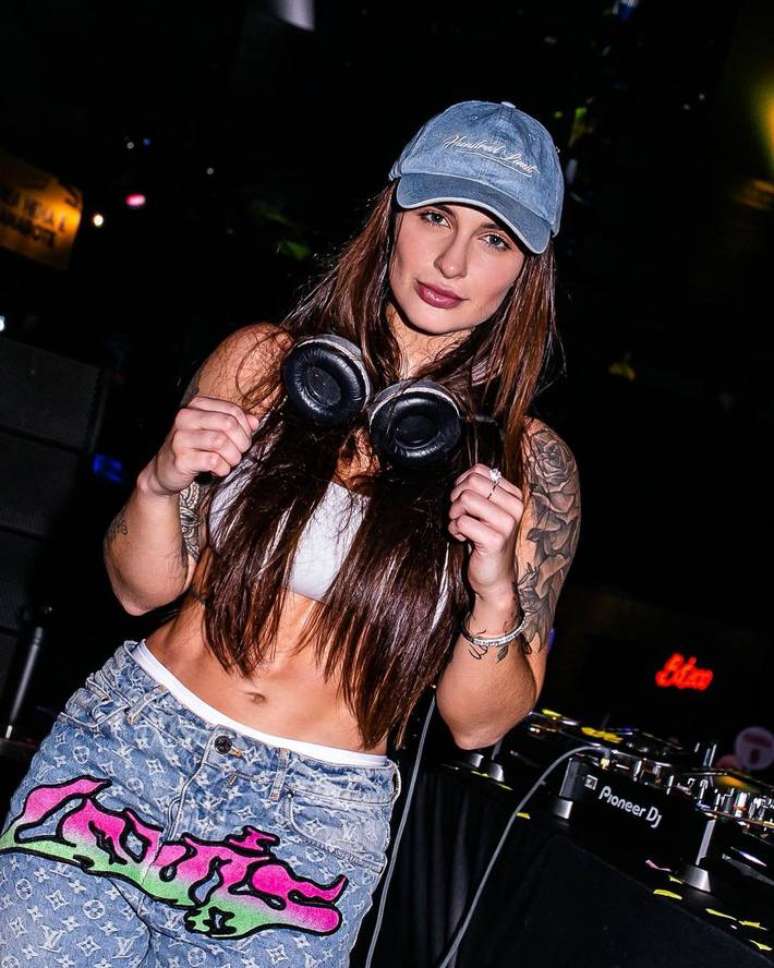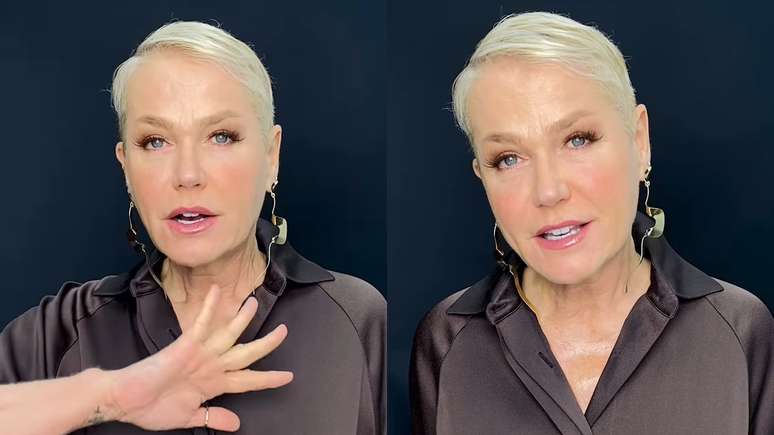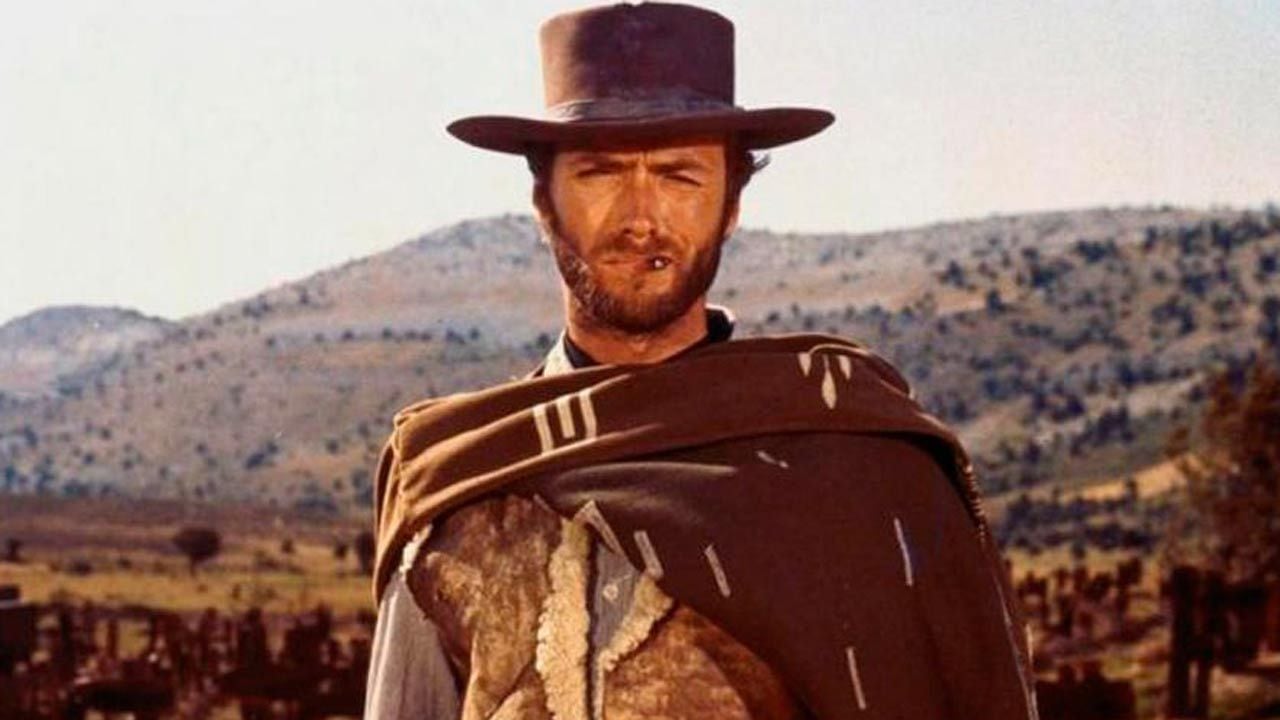Meet four professional DJs who inspire the new generation
This Thursday, March 9, we celebrate the International DJ day, a professional always present in our moments of joy and with the mission of not letting anyone stand still. Countless people who live on music, roam the nights to earn their daily bread. OR Stadium celebrate this date with characters from another important date.
Wednesday 8 March is celebrated on International Women’s Day, a date marked by the struggle of women and the conquests of rights. That’s why we spoke to four women who work as DJs and inspire new talent in music, breaking down the barriers of sexism and prejudice.
Eli Iwasa
Eliana Sumiko Iwasa he has been working as a DJ for over 20 years and is among the professionals who have closely followed the rise of electronic music in Brazil. She graduated in Advertising and Marketing, she says that living off music has never been a choice, since she wanted to work in this sector from an early age. “I’ve never done anything in my life but throw parties and play. So, for me, it was much more of a call than a choice, I’ve always wanted to make a living from music and working with music, it’s always been my passion. I never imagined that I would make a living making music by DJing, but through a band.”
Eli highlights the main challenge of his career. “Being an artist and working with music in Brazil is a challenge in itself. As a woman, it is even more so, the music market is still very sexist and predominantly made up of male professionals. Women must constantly prove themselves, it doesn’t matter how successful you are. I’m in the best moment of my career and, despite this, the challenges are constant.”
“Today more than ever it’s about being a resistance. We are a figure that the public is not used to seeing in electronic music. We have few DJs, black therefore, it goes without saying. Sometimes it seems to me that I need to prove three times of more that I’m good at what I’m doing, unlike other artists. I always need to conquer more things to validate how good I am and how much I deserve all of this,” she says.
The artist who performed at the tomorrowland, one of the largest electronic music festivals in the world, spotlights female projects that have appeared during the pandemic. “I feel a lot of girls have appeared in the last few years, I think this is incredible and I want there to be more and more of them, to be appreciated and always try to become professional and study as much as possible. In the end it is like this, we have to win with the music. Music makes money with the presence of women”.
Adds the role of representativeness. “People need to feel represented. When I started I didn’t feel represented, nobody believed it could work, because nobody saw a professional like me occupying this space. The fact that I was conquering so many things, playing major festivals and, mainly, being a Brazilian artist, who came from the suburbs of Porto Alegre, occupying these spaces makes people look at me and feel represented”.
The DJ, who has gained the spotlight in recent years, is outspoken when it comes to sexism. He points out that neither she nor her team condone any form of bias or discrimination, emphasizing that love is the way to overcome these barriers.
“There are few people who speak of love and many people who voice hate. Hate is the cause of all this division and segregation. I see few artists who promote love, respect and diversity. I grew up like artist playing house, a style that doesn’t sell so well, talking about love and fueling it. I joke on Twitter that I’m the ‘love militant’. People who promote respect for sound, music, for the individual, we will succeed to reduce hate”
Aline Rocha says that, during the pandemic, she created a group to meet women who work as DJs in Brazil. According to her, more than 200 girls have met and shared experiences, but she vents about the end of the group.
“I created this group and met female DJs from all over Brazil, and they also started getting to know each other, creating a connection with each other. Some send me messages to this day. Sub-groups of that group emerged, which ended due to a toxic culture of competition among women. There are so few opportunities, that women are educated and forced to compete, as they are fighting for the same opportunity. This is very sad,” she comments.
And adds: “I work as hard as I can, because, sadly, I still don’t have enough fame and reach to go to contractors and say, ‘Look, I’ll only play if I play a girl first.” DJs who are very large companies have this reach in relation to the contractor. So, I work within my means, pointing, speaking. I don’t like to talk a lot, but the person I help knows I’ve helped them and that’s what’s important to me. We need more support and love than marketing.”
With passage Croatia party desertedone of the largest house music festivals in the world, Aline is also preparing for the Lolla 2023. “It’s really nice to see your name on a flyer that has so many nice people, in an event that mobilizes the country so much. I’m very happy, it’s another ‘check’ in a dream I’m realizing. When you have the opportunity to share your work in a gigantic place like the Interlagos Autodrome, in a Lollapalooza, it is a feeling of gratitude and dignity, I say this with humility, because we know how hard we work to deserve it”.
Barbara Labres
From meadows to stages. This was the crossing Barbara Labres, of Rio Grande do Sul, but which has found success in the wonderful city. She is passionate about football, she played football until she was a teenager, but she lost heart after two knee injuries. She attended a physical education college, however, it was her mother’s advice that set her on the path to music.
“My mother always told me to go to clubs, to meet people, to go out, because I’ve always been very quiet, reserved, very shy. I started going to clubs, I always went to gay clubs because I felt more comfortable. One day at one of these clubs there was a raffle for a DJ course and I ended up winning but I didn’t even go to the course because it was the same day as a soccer tournament. she called and said to me: “Bárbara, why don’t you come and do it? Just come for a class to see if you like it. “The class was already running out, but I went and I wasn’t really interested in that class,” he reveals.
His first performance was at the graduation of the course. “I called a friend who was a DJ in my city and he taught me to play. I took lessons intensely, I took lessons every day, watching videos on the internet. Well, I learned to play. When I went to play, for the first time, upon graduating from this course and I saw that everyone was looking at me, that when I said ‘raise your hand’ and everyone did, everyone was dancing and having fun, I said: ‘This is very beautiful'”.
Bárbara ranks her move to Rio de Janeiro as the biggest challenge, after being seen in Porto Alegre by a businessman, which ended up being a bad memory in her life, as he abandoned her after she didn’t he accepted the attempts at abuse. “I have been very lucky because I have had incredible people by my side who have helped me. I earned to survive, I starved to have the money to rent the small room where I lived, I succeeded. For three years he was perrengue ”, she vented.
I got a call from Globo to perform at The Voice of Brazil and, after the act, he gained followers and started selling his shows. However, one of the keys that always strikes is the existing inequality in the market. “I know many female DJs, but they are not appreciated as much as men. Why? They have the same talent, you know?! But, for some reason, people prefer to value men. I see that we are slowly opening up the market. I have several friends who they live on music, but I think there is still a lot to evolve. If we don’t stand up, they will never understand our value”.
He also details how machismo was a part of his music career. “When we were selling a show, they advertised it like this: ‘Bárbara Labres, the sexy DJ’. My beauty, my looks always came first and I always asked to remove it from the flyers. I never let them advertise me like this. Image matters a lot, but if you’re not good, you don’t come back. Looks don’t fill the house, don’t fill the house, don’t make the contractor money. So, you gotta be good at what you do. Many times, I’ve had to focus on my appearance and show that I’m good at what I do, that I have professionalism, that I have a team behind what I do, planning my career”, he underlines.
An entrepreneur and businesswoman, Bárbara questions the difference between the fees for male and female artists. “Why does a woman earn X and a guy earn Y? Every time I get the opportunity, I show what’s behind it. as a DJ to become more and more known as a DJ, trying to be a reference for other women”.
Be among the top 50 DJs in the world by DJaneMagLabres prepares an album for 2023. “Now, with my team putting me at ease to deliver a top show, I want 2023 to be a year of release, of music, of planning. I have a lot of music in store and I intend to release an album. I want to take a chance on many new and different things. I want to release music myself, but I also want to collaborate with artists I admire. I will work hard to get more and more recognition for my work.”

Source: Terra
Ashley Fitzgerald is a journalist and author at Gossipify, known for her coverage of famous people and their lives. She writes about a wide range of topics, including celebrities, influencers, social media stars, and public figures. Her articles are known for their in-depth analysis and unique perspective. She is respected for her ability to keep readers up to date with the latest news and trends of the famous people.









